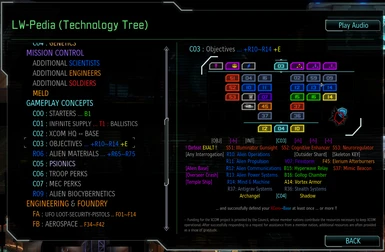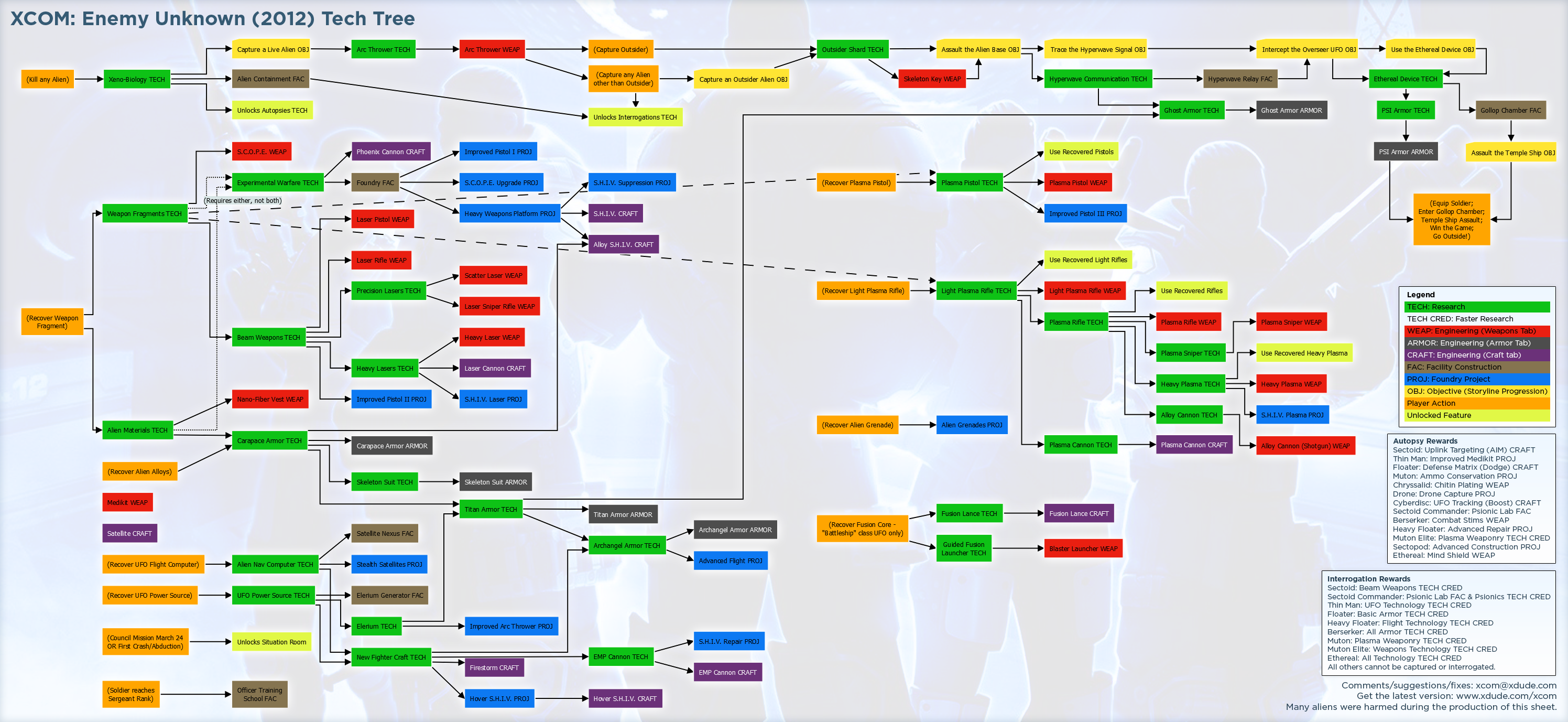

Since levels are mostly random, you never know where your soldiers will run into enemies or how many there will be.Ĭommanders have a wide variety of cover options for unit defense. The plot - the glue holding the two elements together - doesn’t fare as well, however.īut let’s talk about the good stuff first, starting with the tactical side. Both of these elements are great by themselves, especially as you get deeper into the game with tech upgrades and more varied character abilities.

After a mission is done, it’s on to the resource management game, which has you working through a tech tree, balancing monthly income and expanding your access to new missions. Combat is rinse and repeat until only one side is left with units on the field. XCOM’s (short for Extraterrestrial Combat Unit) enemy is a randy group of mysterious aliens, initially with much greater numbers and weapons than yourself, and they’re hell-bent on killing all of humankind and dominating Earth. Once all your characters have taken their actions - found cover, fired or moved - it’s the opposition’s go. In combat, each character on your team can move a different number of spaces on the grid per turn, and is allowed one of two actions, either shooting or running, per turn. “XCOM” boils down to two different games: the tactical strategy side, which involves moving your squad of elite marines around a battlefield grid, and a research side. Once you’re hooked, there’s a solid set of gameplay mechanics to keep you playing - even if you do have to take turns. With that in mind, developer Firaxis, renowned for the slow-burn, turn-based “Civilization” series, has released “XCOM: Enemy Unknown” - a tactical strategy game with just enough guns-blazing strategy and conspiracy-addled “X-Files” mystery, at least initially, to get you to give turn-based gaming another go. Most gamers want action, and we want it now, especially in the flashy, instant-gratification stereotype of modern video games. Waiting in line sucks, waiting in traffic is horrible and waiting for your turn - as you might learn at an early age in any Monopoly board game - is generally the opposite of fun.


 0 kommentar(er)
0 kommentar(er)
